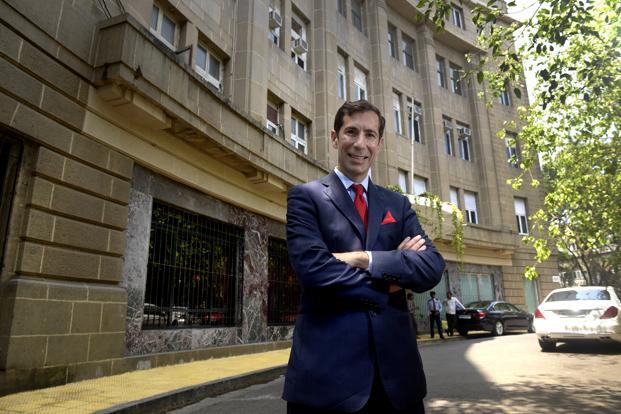Mumbai : The ideal job candidate would be “someone who is an effective communicator, confident yet self-aware, results oriented, a good team player, mentally agile and open to learning”, according to Shalini Pillay, head of people, performance and culture at KPMG in India.
Edited excerpts from an interview:
While scouting for newer talents from the various campuses, what is it that you look for in terms of aptitude, personality traits and so forth?
Paramount to the way we work are good communication skills, keenness to learn, problem solving ability, people agility, technical knowledge (especially at B-schools) and individual values/beliefs and professional demeanour. These traits/aspects are the very core of professional services/consulting and imperative to thrive in this field as well as make an impact.
What particular traits do you want to see in candidates?
When hiring for specific skill sets we do look for aptitude in the context a specific solution area, relevant skills and experience in addition to what has been mentioned above.
An ideal candidate for us would be someone who is an effective communicator, confident yet self-aware, results oriented, a good team player, mentally agile and open to learning.
Candidates who rate high on professional demeanour, with the ability to maintain composure, carry oneself in a professional manner and have a strong sense of values and ethics would clearly strike a chord with us.
What are the traits that make you reject a candidate even if everything else is in their favour?
Softer elements around the individuals values, beliefs and hence perspectives, professional demeanour, which go a long way in assessing the “fit” into our culture and way of working are paramount—a misalignment here is what would drive one to reject a candidate, all else being equal.
We believe candidates who are not motivated by a strong sense of purpose and hence lack passion and enthusiasm are less likely to fulfil their career goals and as we see it a candidate who is not clear about why he/she wants to join KPMG, is unlikely to move forward in our selection process.
Further and hence , a candidate who is underprepared, lacks basic understanding of what we do in KPMG and/or the role he/she has applied for, will also not make the cut.
Would it be fair to say that the B-school and curricula are tailored to suit the needs to every industry and particularly your industry?
Given the format of the B School curricula and the fundamentals of business and management that are covered therein, we do believe the students we hire from B-Schools are fit to execute the roles and responsibilities of jobs offered to them at the entry levels.
Additionally, we too make significant investments through our campus programmes to provide more exposure on our industry and solution to students , hence helping them contextualize their knowledge to our needs.
How can the curricula be improved?
A number of campuses provide opportunities to students to gain knowledge through summer internships, experiential learning programs as well as career development and planning modules. Many campuses these days also focus on corporate interaction through guest lectures, workshops such as resume building sessions, interviewing skills and seminars. Weaving in topical themes/subjects that are relevant to the fourth industrial revolution will further help given the rapidly changing and very demanding business environment.
How important is success as a criteria for you when you make a selection?
Academic success showcases credibility in what a student was expected to achieve and hence is important besides the criteria listed upfront. However, success as we see it is certainly not limited to academic success alone and as applicable to students are associated with the ability to tackle demanding and complex problems, which are fundamental to understanding client needs and developing solutions.
[“Source-ndtv”]















